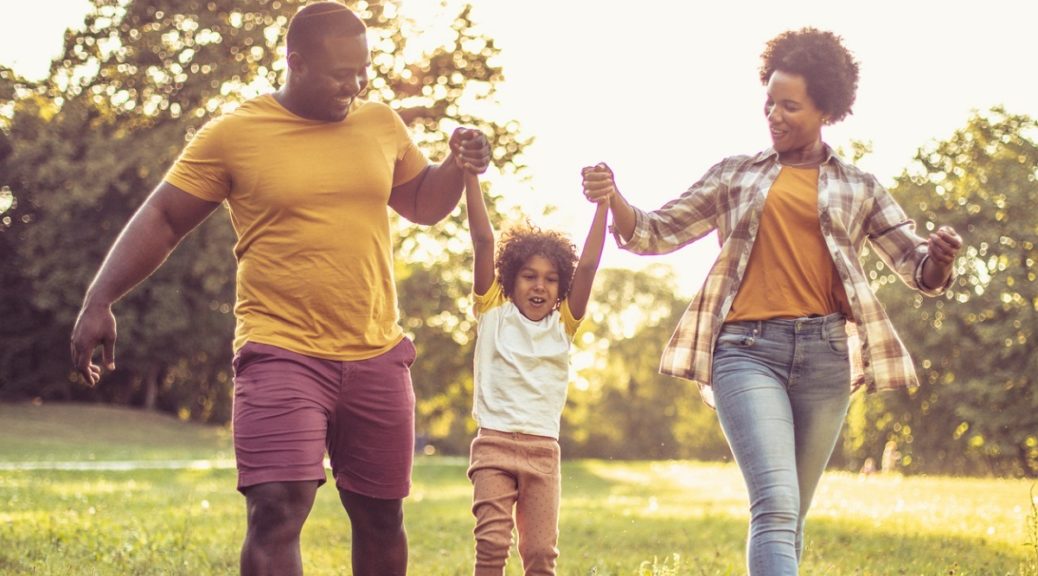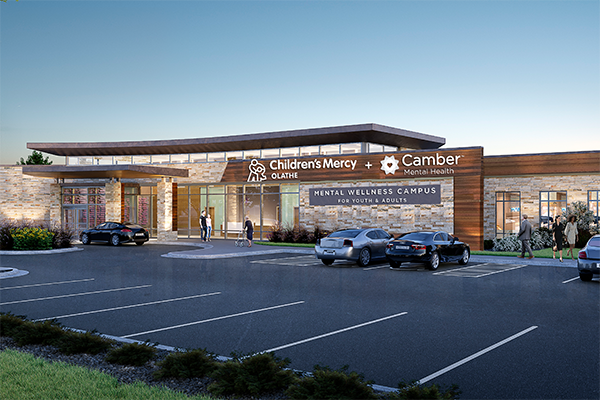You Are Not Alone: Mental Health Tips and Tools

UPDATE: In August 2022, we announced a major change at KVC Hospitals. We have rebranded and changed our name to Camber Children’s Mental Health. Our former name is used in the video resources below as that was the name at the time of filming.
While our name has changed, our commitment to children and families remains strong as ever and we are continuing to provide critical, lifesaving mental health services in Wichita, Kansas City and Hays. Check out our new website at cambermentalhealth.org to learn more about our services and how we can support a child in your care.
How we think, feel and act is connected to what’s going on with our mental health. When we’re in a good place mentally and emotionally, some of the benefits include being able to better organize information, learn, make decisions, plan, follow rules, express and manage a range of emotions, and maintain good relationships. Mental health also shapes our self-esteem and emotional outlook on life and it can have a big impact on our physical health.
It’s important to focus on mental health at every stage of life, and if you begin developing that foundation early in childhood, it will support you throughout adulthood. Children and teens depend on the adults around them to teach them how to put good mental health habits into practice and sometimes as adults, it can be difficult to know where to start. In this blog, we share a six-part series of mental health tips, education, and resources for children and adults.
Want an email when we have new mental health education and information available? Sign up here:
Children’s Mental Health Tips
A child can experience mental health struggles just like adults. But for kids and teens, when these needs aren’t addressed quickly there can be long-lasting effects. It’s important to make sure a child’s mental health needs are supported as soon as possible to reduce the impact on their brain development and long-term mental and physical wellbeing.
In this video from Sara Schlagel, Vice President of Behavioral Health Services at Camber Children’s Mental Health (previously KVC Hospitals), learn how you can help youth develop a strong mental foundation by teaching them emotion regulation and coping skills and seeking professional support if you have concerns.
Supporting LGBTQIA+ Youth & Their Mental Wellness
LGBTQIA+ youth are three times more likely than heterosexual youth to consider suicide. It is important for communities, schools, and families to be compassionate, inclusive, and engaging with all youth and especially those who are more at risk of experiencing mental health challenges. Camber advocates for the LGBTQIA+ community and the importance of giving every child the resources, support, and opportunities they deserve for their wellness and happiness.
Bobby Eklofe, President of Camber, has been working in mental health services with Camber for over 30 years. In this video, he shares what you can do to be a support system and resource to those in the LGBTQIA+ community.
Click here to read more on this topic including how COVID-19 and racism are further affecting the wellbeing of LGBTQIA+ youth based on new research from The Trevor Project.
The Benefits of Medication in Psychiatric Treatment
Millions of people in the U.S are affected by mental illness each year—including one in five adults and one in six children ages 6 to 17. Mental illness can have significant physical, social, and financial impacts on a person’s life, but when it comes to treatment, some people are hesitant to consider taking medication for mental illness.
In this video, Dr. Jyotsna Adma, Associate Medical Director of Psychiatry Services at Camber, provides education about the ways psychiatric medication can improve someone’s symptoms and she addresses medication misconceptions.
Read more on this topic in this blog, where Dr. Adma further debunks medication misconceptions, shares ways medication can improve a person’s quality of life, and advises on where to start if you want to learn more about psychiatric medication for yourself or your child.
How to Help Kids & Teens Develop Resilience
Resilience is an important skill throughout life because it helps you cope with stress so you can respond in healthier ways. The earlier in life someone can develop and strengthen their resilience to adversity, the better. There are many proactive things adults can do with kids throughout their childhood, and that children and teens can do on their own, to encourage healthy brain development and a strong foundation of resilience.
In this interview with James Roberson, Senior Vice President at Camber, learn some of those tips and tools for healthy brain and resilience development.
Helping Kids Manage School Stress
Returning to school was extra stressful this year as kids re-adjusted to more structured routines, in-person learning, and stress about grades, social groups, making the team, and everything else that comes with adolescence. COVID-19 has continued to disrupt that adjustment back to routines and it can be difficult for kids to know how to react to the tough feelings from that and they may resort to challenging behaviors or acting out. Brynn Fowler, Executive Director at Camber Kansas City (previously KVC Hospitals Kansas City), shares in this video what you can do to help youth adjust to changes and learn healthy responses to stress at school.
Tips for Managing Anxiety
Everyone experiences anxiety at some point in life. Whether anxiety is stemming from feelings of excitement, joy, fear, or uncertainty, there are tools you can use to help manage those feelings before they become overwhelming or negatively impact your life. Watch this video to hear from Brittany Broeckelman, Executive Director of Camber Kansas City, about the signs of anxiety, tips for how you can manage those feelings, and how to know when it might be time for professional help.
Check out this blog for more tips on managing stress and anxiety, including ideas for activities your family can do together at home to continue overcoming the adversity of COVID-19 and other life challenges.
About Camber Children’s Mental Health (Previously KVC Hospitals)
For 30 years, Camber Children’s Mental Health (previously KVC Hospitals) has provided a healing space for over 37,000 youth admissions through its network of children’s mental health hospitals and residential treatment facilities. Camber uses a patient-centered approach that works to heal the whole family unit when a child is struggling with depression, anxiety, suicidal thoughts, the impacts of trauma, and other mental health needs. Call us at 913-890-7468 to learn more about services and find treatment near you.





